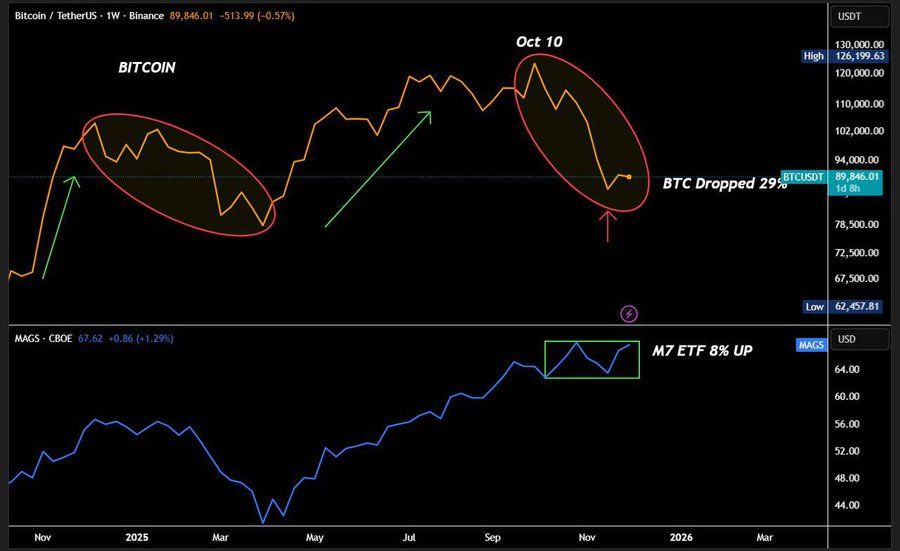Chari's groundbreaking license revolutionizes retail financial services in Morocco
- Moroccan fintech Chari secures $12M Series A, largest in the country, led by SPE Capital and Orange Ventures. - Becomes first VC-backed firm to obtain Bank Al-Maghrib license, enabling financial services for small merchants. - Expands into Francophone Africa with a 'merchant super app' and BaaS platform to digitize retail and drive financial inclusion. - Backed by Y Combinator and Orange Ventures, Chari aims to formalize retail operations and boost merchant liquidity.
Moroccan fintech and e-commerce company Chari has closed a record-breaking $12 million Series A round, the largest ever in Morocco, representing a significant milestone for the nation’s startup landscape, according to a report by
This investment coincides with a regulatory milestone: Chari is now the first venture-backed Moroccan startup to receive a financial institution license from Bank Al-Maghrib, the nation’s central bank. This license allows Chari to provide a wide array of financial products to small retailers, including POS acquiring, digital payments, Moroccan IBANs, debit cards, cross-border money transfers, and micro-insurance. “This is an unprecedented chance to transform neighborhood grocery stores into local hubs for financial services,” said Sophia Alj, Chari’s co-founder and COO. This initiative supports Chari’s mission to modernize Morocco’s fragmented retail sector, where informal lending and manual processes are still widespread, as noted by

Chari began in 2020 as a platform to simplify FMCG sourcing for small retailers via a mobile application, as covered by
The company’s expansion is fueled by Morocco’s $250 billion retail sector, where traditional shops make up 80% of FMCG transactions, according to
Orange Ventures, which has previously backed African startups like Julaya and Yoco, highlighted its commitment to Chari’s role in advancing financial inclusion, as reported by
Looking forward, Chari must navigate the complexities of rapid growth while maintaining regulatory standards and operational excellence. Its future success will hinge on its ability to onboard merchants at scale, deliver dependable BaaS infrastructure, and prove its value to both retail and enterprise clients. If successful, Chari could become a model for digitizing informal retail markets across North Africa, unlocking significant growth opportunities in the region.
Disclaimer: The content of this article solely reflects the author's opinion and does not represent the platform in any capacity. This article is not intended to serve as a reference for making investment decisions.
You may also like
What Caused Bitcoin Price To Crash Below $90K Today?

Exclusive: Expert Says Double-Digit XRP Price ‘Unrealistic’ as ETFs Hit $1 Billion
The Rise of Trust Wallet Token (TWT): An Analysis Following Exchange Integration
- TWT's 2025 surge stems from strategic innovations, institutional adoption, and deflationary tokenomics. - Expanded utility via FlexGas, prediction markets, and RWA integrations boosts demand while burning 10%+ supply. - Institutional confidence grows through Ondo Finance partnership and Binance co-founder CZ's endorsement, driving 50% price jump. - Analysts project $5.13 by 2025 and $15 by 2030 if RWA and cross-chain adoption continue accelerating.

New Prospects in Security Technology and Health Advancement Fields
- Post-pandemic convergence of security systems and health promotion drives innovation in hybrid infrastructure and wellness solutions. - Institutions like Farmingdale State College align curricula with AI, cybersecurity, and health-tech to meet evolving workforce demands. - AI-powered health-tech startups raised $10.7B in 2025, reflecting 24.4% growth as telehealth and data security become critical. - EdTech and health-tech markets are projected to grow rapidly, with EdTech reaching $348B by 2030 and heal
